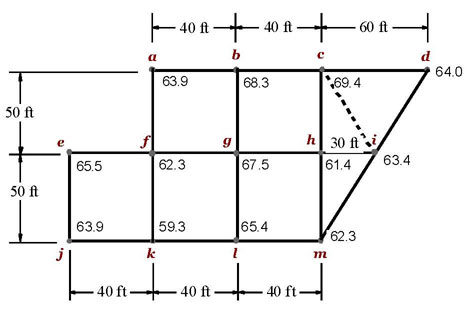Conquering the FE & PE Exams
By Ahmet Zeytinci, P.E., F-NSPE

To answer some of our readers’ questions, I would like to review the requirements for licensing again and the new Professional Engineering (PE) Exam Specifications for Civil Engineers that will be effective beginning with the April 2015 examinations.
The graduates of a four-year college or a university program with a bachelor of science in engineering, bachelor of engineering, master of science in engineering or master of engineering from an Accreditation Board for Engineering and Technology, Inc., (ABET) accredited institution are eligible to take the new computer based Fundamentals of Engineering (FE) examination. This exam is developed and administered by the National Council of Examiners for Engineering and Surveying (NCEES). To register for the FE exam, the engineering licensing board in the state in which licensure is desired must be contacted. Applicants need to apply to the state licensing board to determine if they meet the requirements to take the FE exam. These requirements vary by state.
The FE exam tests applicants on breadth of understanding of basic engineering principles. Passing the FE exam typically qualifies the candidates for certification as an engineer in training (EIT) or engineering intern (EI). After gaining some engineering experience, generally four years, also varies from state to state, applicants have to take and pass a written Principles and Practice in Engineering, PE examination. The PE exam tests the applicant’s knowledge and skills in their chosen civil engineering discipline (i.e., construction, geotechnical, structural, transportation, and water resources and environmental). The PE exam uses both the International System of Units (SI) and the US Customary System (USCS).
The degree requirements for licensure are evolving. For example, effective Jan. 1, 2020, the NCEES will require additional credits beyond a bachelor of science in engineering degree. Effective and beginning with the April 2015 examinations, the new PE exam for the Civil Engineering will have new specifications. The new PE exam will be an eight-hour open-book exam with two sections, breadth and depth sections. Each section is four hours long and consists of 40 multiple choice questions. Examinees are required to work on all the questions in the morning session and in the afternoon module they have chosen. The final score is a combination of both section results (the depth results and the breadth results).
PE Exam – Morning Session Breakdown
The morning breadth section is 40 multiple-choice questions from the five discipline areas in civil engineering.
- Project Planning: 4 questions,
- Means and Methods: 3 questions,
- Soils Mechanics: 6 questions,
- Structures: 6 questions,
- Hydraulics and Hydrology: 7 questions,
- Geometrics: 3 questions,
- Materials: 6 questions, and
- Site Development: 5 questions.
PE Exam – Afternoon Session Breakdown
The afternoon depth section is 40 multiple choice questions and focus on a single area of practice in civil engineering (e.g., only construction or only geotechnical). Each discipline will be covered separately in the future articles.
Remember, in both FE and PE exams timing is everything. To conquer these exams speed is very important and speed can only be attained through practice and more practice!
Until next time, Dr. Z/
This email address is being protected from spambots. You need JavaScript enabled to view it.


